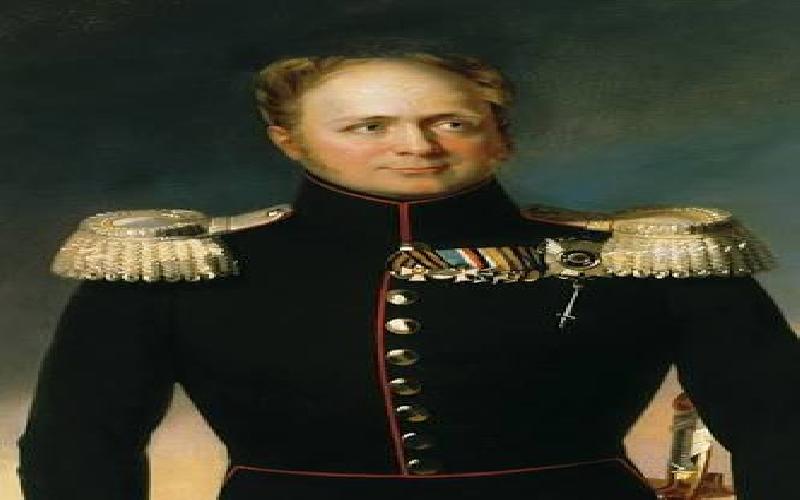Alexander I of Russia


Read the below article to know about Tsar of Russia- Alexander I in detail.
Alexander I - Russian Tsar Who Resisted Napoleon
Tsar Alexander I was the Tsar of Russia in dramatic times. The Russian Empire would be faced with the problem of how to defeat France for much of his life time.
Alexander I, who was the oldest grandson of the Empress Catherine the Great was born in 1777. The young Alexander became Tsar in 1801 after the death of his unpopular father, Paul I.
Alexander I came to the throne during the French Revolutionary Wars. Naturally enough as the head of the world's largest autocracy Alexander was keen to defeat the French in alliance with Austria, Great Britain, and Prussia. Unfortunately for Alexander, Napoleon was astute enough to prevent the Austrians, the Prussians, and the Russians from joining their forces together. Napoleon fought and defeated the Allied armies individually, forcing their governments to sue for peace. That often left the British fighting on alone.
Alexander had no option but to make peace with the French with the Treaty of Tilsit in 1805. Although unhappy with this treaty he kept to its terms as he realised that Russia could not defeat France by itself. Napoleon's rash invasion of Russia in 1812 revived the Russian alliance with Austria, Great Britain, and Prussia. The French got as far as Moscow yet their long retreat home led to their eventual defeat. In the end the sheer size of the country and determined Russian resistance had delayed Napoleon long enough for the winter to intervene. The Grand Armee got to the outskirts of Moscow before winter forced it to retreat.
The Russians followed the French as they retreated west.
Joining the Russians were the Austrians and the Prussians, while the British advanced from Spain. The French surrendered in 1814, with Napoleon going into exile. For a 100 days the French Empire was restored. The Russians played no part in the Allied victory at Waterloo.
Alexander believed that Russia never received enough credit for the defeat of France. It made only modest gains at the Congress of Vienna, largely increasing it's share of Polish territory.
When Alexander died unexpectdly without children in 1825 it caused a short dynastic crisis.
Far as the Pacific coast goes is the big country of Australia lying with so much beaches and ocean which makes glaring for tourists to visit. It also goes with magnificent cities to visit for.
Assassination of an Austrian Archduke by a small rebel organization in 1914 precipitated the First World War and indirectly led to the extinction of the great Ottoman and Austro-Hungarian empires, the ascendancy of the Arabs, a new wave of Pan-Islamic conservatism, the Bolshevik Revolution, humiliating defeat of Germany, League of Nations, and according to some, even the Great Depression. After 28th June, 1914, the world was never the same again!.
The traditional Indian society, often termed as Hinduism, is one of the most ancient civilizations that still exists in continuity. Like any other society or community, it has also suffered social and civilizational decay, yet survived.